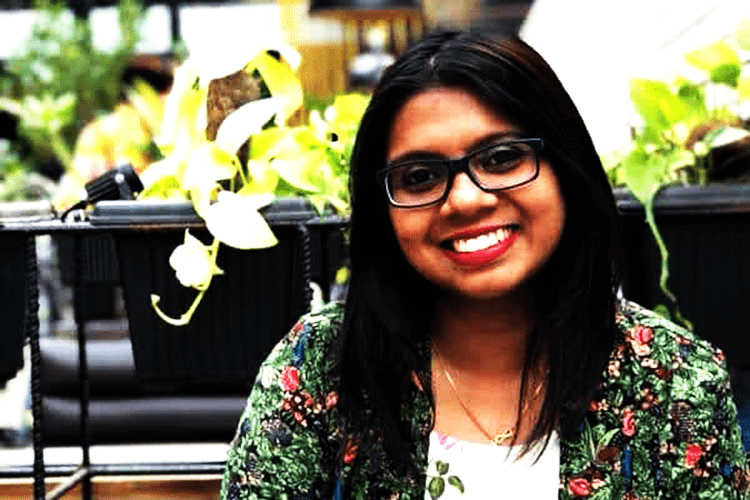Sayari De is the Co-Founder of the tech-driven community-based platform ‘All About Architecture’, which aims to empower and give access to information to the construction community to help them make smarter choices. She has worked as an architect for about 15+ years. While pursuing her Master’s degree at the University of Glasgow, she was exposed to the way data-driven decisions were made. But when working on projects from inception to construction to handover and use, she says she found this data-driven approach, missing.
“There is also an inertia when it comes to using materials, products and technologies other than bricks and concrete in mainstream housing and commercial complexes. The popular products are, at times, the ones with the highest carbon footprint. Yet, inaccessibility and low awareness among users about alternative technologies and materials have added to the gap in demand. For a sustainable future the linear economy of use, consumption and waste needs to slowly shift towards a circular economy with an awareness and access to the technologies and products that can help it make happen,” Sayari explains.

She quotes McKinsey Global Institute’s study which suggests that India would need to build 700–900 million square metres of space annually. “But we need to strike a balance between developmental and environmental objectives, especially since construction materials contribute to 20 percent of waste generation and 40 percent of CO2 generation.”
Real estate is a 180-billion dollar market with an expected growth to a trillion dollars by the end of this decade but, at present, green building has a 5% market share. With the overwhelming demand and a bigger gap in the market to access, All About Architecture wants to bridge the gap. As a SAAS platform, All About Architecture aims to be a launchpad to introduce the concept of circular economy for the real estate sector and popularise the use of products and technologies that can be environmentally safe and financially viable. “We give a platform to stakeholders to communicate with each other and our tech support helps them make faster decisions, with the vision to accelerate the growth of sustainable and inclusive cities,” she explains. For example, on this platform, manufacturers can showcase products, include products in the calculator, share educational videos of products, respond to queries, and reduce cost on marketing by directly reaching out to consumers through targeted events.
Sayari believes NSRCEL’s Women Start-up Program (WSP) helped her at the right time. “From ideation to market validation and product development and market validation again, the course structure and the mentors helped my nascent idea take shape into a business model. At the beginning of the program, we were just a blogging platform. But with the support of NSRCEL and fast pivots, we now have a product and customers who are working together to build a better skyline of tomorrow,” she says.
